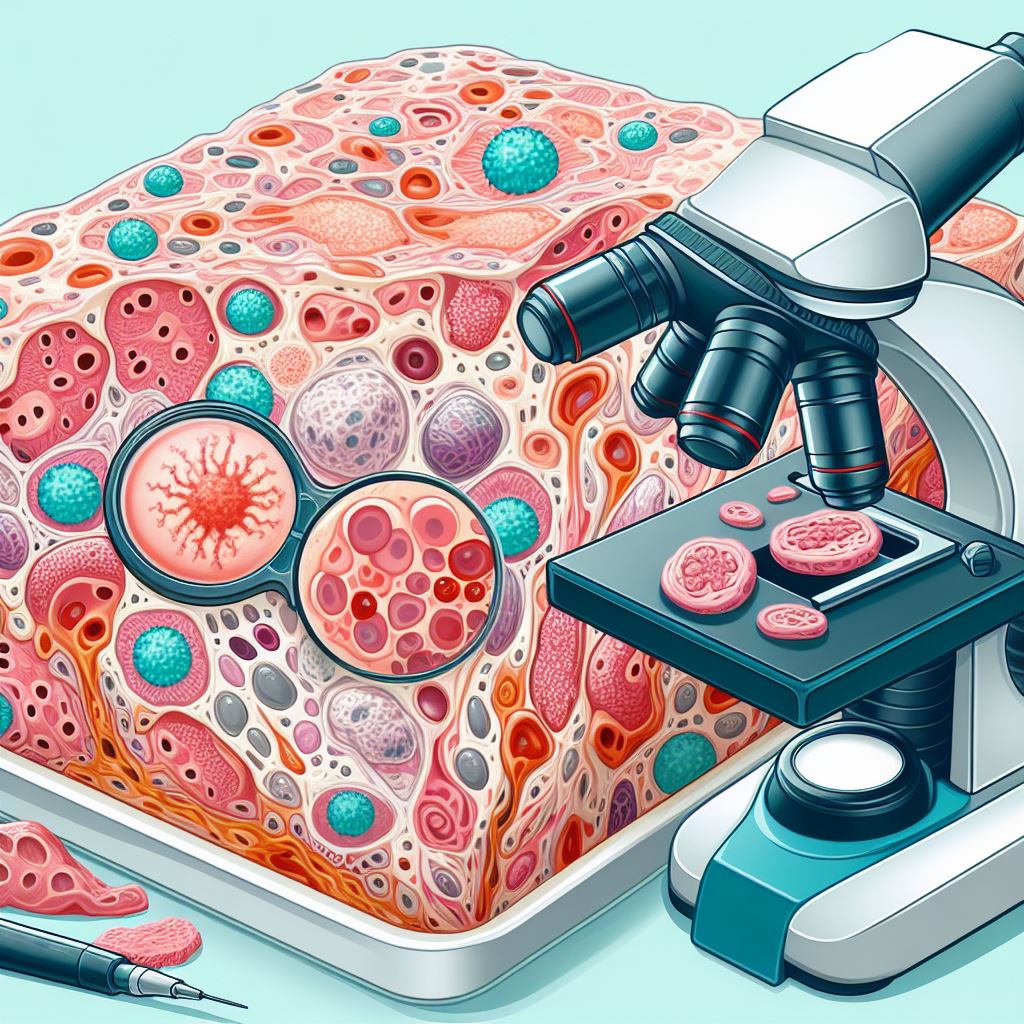
Introduction to Pathology
Cellular Adaptations, Injury, and Death
Inflammation and Repair
Immunopathology
Neoplasia
Hematopathology
Cardiovascular Pathology
Respiratory Pathology
Gastrointestinal Pathology
Renal Pathology
Neurologic Pathology
Summary:
The proposed pathology curriculum encompasses a comprehensive exploration of fundamental principles and mechanisms underlying diseases across various organ systems. It begins with an introductory overview, defining pathology and its historical context, before delving into cellular adaptations, injury, and repair mechanisms. Inflammation and immunopathology are explored in depth, highlighting the body's responses to injury and aberrant immune reactions.
The course transitions to the study of neoplasia, covering the biology of cancer and tumor development. Hematopathology is then introduced, focusing on disorders of the blood and lymphatic systems. Cardiovascular, respiratory, gastrointestinal, renal, and neurologic pathologies are subsequently examined, each addressing the specific diseases affecting these organ systems.
Throughout the curriculum, emphasis is placed on integrating theoretical knowledge with practical application through case studies and laboratory sessions. Students are encouraged to understand disease processes not only at a macroscopic level but also at the cellular and molecular levels. Additionally, the curriculum incorporates recent advances in pathology research and diagnostic techniques to provide students with a current and comprehensive understanding of the field.
By the end of the course, students are expected to have developed a solid foundation in pathology, enabling them to recognize, understand, and evaluate various disease processes, laying the groundwork for further specialization and clinical application in their medical careers.
Cellular Adaptations, Injury, and Death
Inflammation and Repair
Immunopathology
Neoplasia
Hematopathology
Cardiovascular Pathology
Respiratory Pathology
Gastrointestinal Pathology
Renal Pathology
Neurologic Pathology
Summary:
The proposed pathology curriculum encompasses a comprehensive exploration of fundamental principles and mechanisms underlying diseases across various organ systems. It begins with an introductory overview, defining pathology and its historical context, before delving into cellular adaptations, injury, and repair mechanisms. Inflammation and immunopathology are explored in depth, highlighting the body's responses to injury and aberrant immune reactions.
The course transitions to the study of neoplasia, covering the biology of cancer and tumor development. Hematopathology is then introduced, focusing on disorders of the blood and lymphatic systems. Cardiovascular, respiratory, gastrointestinal, renal, and neurologic pathologies are subsequently examined, each addressing the specific diseases affecting these organ systems.
Throughout the curriculum, emphasis is placed on integrating theoretical knowledge with practical application through case studies and laboratory sessions. Students are encouraged to understand disease processes not only at a macroscopic level but also at the cellular and molecular levels. Additionally, the curriculum incorporates recent advances in pathology research and diagnostic techniques to provide students with a current and comprehensive understanding of the field.
By the end of the course, students are expected to have developed a solid foundation in pathology, enabling them to recognize, understand, and evaluate various disease processes, laying the groundwork for further specialization and clinical application in their medical careers.

